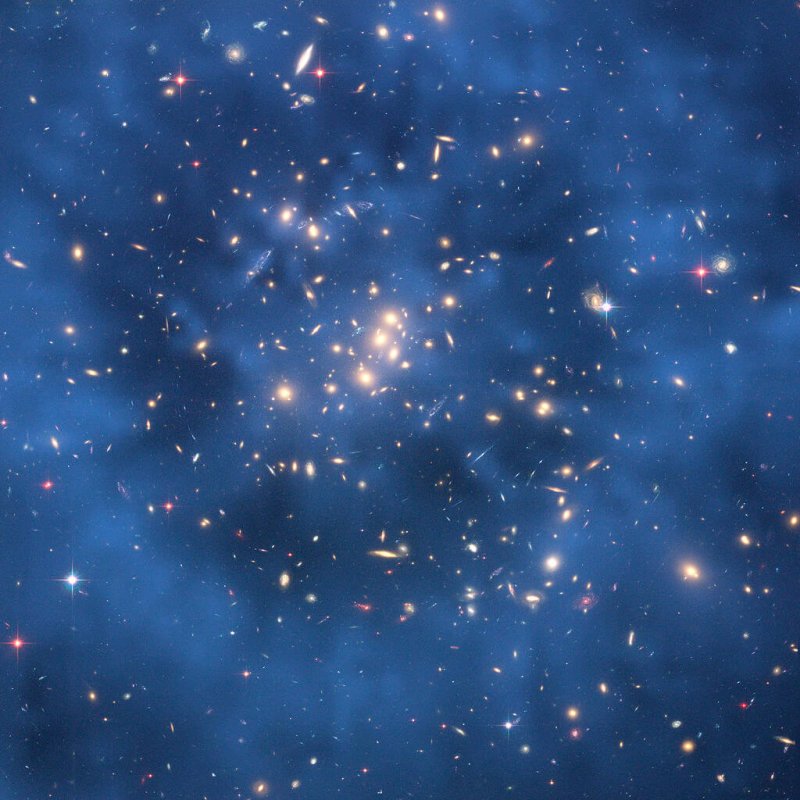DNA may help out in the hunt for dark matter, the mysterious substance that makes up 25 percent of the universe. A team of physicists and biologists—including George Church, a pioneer in personal genomics—have proposed a dark matter detector that uses hanging strands of custom-printed DNA to spot abnormal particles called WIMPs. If it works, the DNA-based detector would be smaller and cheaper than existing detectors, with a resolution 1000 times greater.
View the original article here: DNA may help scientists find ‘dark matter,’ the glue that binds galaxies































